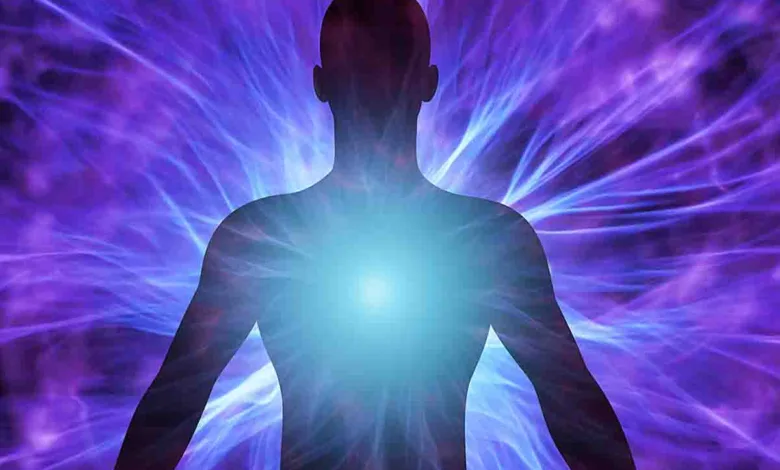Ram: Beyond the mundane quest

GUEST COLUMN
 Acharya Prashant
Acharya Prashant
In the realm of spiritual pursuits, the fervent search for Ram often echoes in our hearts. We passionately proclaim, “Just get Ram!” But what does this really mean? Who is Ram, and what is the essence of “Ramatva”?
In our fervour to find Ram, we have adopted stories, images and thoughts. But have we truly found Ram, or is Ram something beyond our grasp? The Ramcharitmanas beautifully declares, “Ram Brahma parmarath rupa, avigat alakh anadi anupa“. Translated, it signifies that Ram is the embodiment of the supreme reality, the indescribable, beyond the visible and timeless.
Yet, how often do we treat the quest for Ram as we would a desire for a sweet, saying, “May I get jalebi?” There’s a smile, a certain expectation and perhaps a sense of fulfillment. But is Ram something that can be found or attained like a material desire? The fact is that Ram is not to be found. The one who fervently seeks Ram may find disappointment, for Ram is not a possession to be acquired. The phrase “Logan Ram khilona jaano” underscores the futility of seeking Ram in the external world. Ram is not something to be added to our collection of possessions or achievements. In our relentless pursuit, we often overlook the essence of self-knowledge. Ignorance and darkness surround us when we fixate on external forms and images of Ram. True religion is the awakening to this inner darkness. It is about knowing oneself, peeling away the layers of conditioned thoughts, and recognising the true nature within. Vedanta, in its profound wisdom, directs us to look at our daily activities. Religion, in its truest sense, is not found in the rituals of running, racing and jumping but in self-awareness. We need to observe our thoughts, experiences, feelings, relationships and even our mundane activities like eating. This introspection reveals the prevailing darkness within. The fundamental question we should ask ourselves is whether we are aware of what is happening in every moment. Whether we acknowledge it or not, life unfolds, experiences happen. Self-knowledge involves an immediate awareness of these occurrences. If you are reading this article and sensing a tinge of disappointment, can you see it? This awareness is self-knowledge – an instantaneous recognition of oneself.
Being human, we possess the capacity to participate consciously in our experiences. Understanding transforms mere experiences into valuable lessons. Participating through consciousness is true understanding, while being a passive observer is merely enjoying the show. Life events occur and either you understand them or become a victim of circumstances. There lies a distinction between experiencing and understanding.
We often assume that experience brings wisdom, but what can one truly understand from experiences? Imagine sitting in a room with the air conditioner running – the coolness feels pleasant. Animals can also experience this. But understanding the essence of what is happening requires a conscious examination, devoid of fear or expectation. I urge you to delve into your experiences with keen observation. This introspective gaze, free from denial or avoidance, is the path to self-knowledge. This process is known as “Ramatva” – the realisation of Ram within. It is a call to integrate awareness into our way of life, to face and understand our experiences, and to dispel the inner darkness through the light of self-knowledge.
Ramatva is not a distant destination to be reached but a profound shift in our perspective. It is the recognition that the eternal quest for Ram is not an external endeavour but an internal journey of self-awareness. By understanding our thoughts, actions, and experiences, we unveil the presence of Ram within ourselves – a realisation that transcends worldly images and narratives, guiding us towards the timeless truth that Ram is not an acquisition but a revelation within our own being.
(The author is a Vedanta teacher, author and the founder of the PrashantAdvait Foundation. Views expressed are personal)






